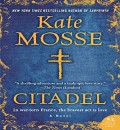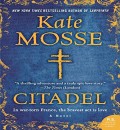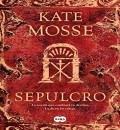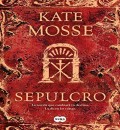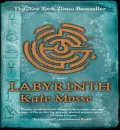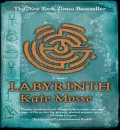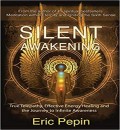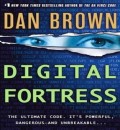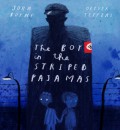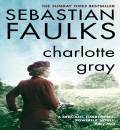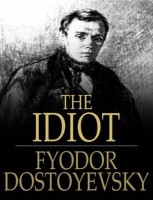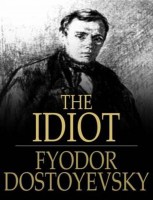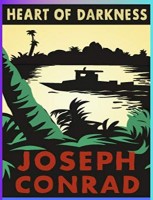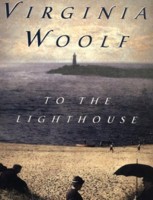Forgot Your Password?
Enter your email address
Forgot Your Password?
Enter OTP
Forgot Your Password?
Enter a new password below

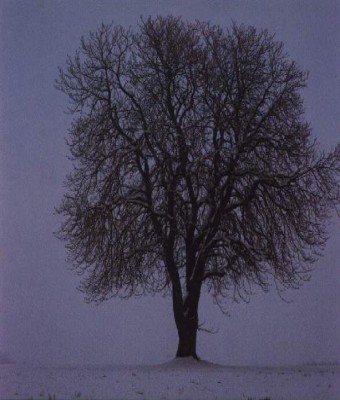
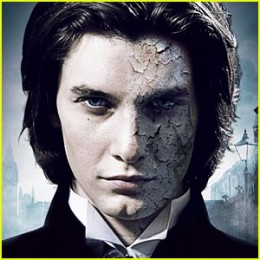





Kate Mosse
1942, Nazi-occupied France. Sandrine, a spirited and courageous nineteen-year-old, finds herself drawn into a Resistance group in Carcassonne – codena
Read more… 26/01/22
26/01/22 All ages
All ages

Kate Mosse
1942, Nazi-occupied France. Sandrine, a spirited and courageous nineteen-year-old, finds herself drawn into a Resistance group in Carcassonne – codena
Read more… 25/01/22
25/01/22 All ages
All ages

Kate Mosse
In 1891, young Léonie Vernier and her brother Anatole arrive in the beautiful town of Rennes-les-Bains, in southwest France. They’ve come at the invit
Read more… 22/01/22
22/01/22 All ages
All ages

Kate Mosse
In 1891, young Léonie Vernier and her brother Anatole arrive in the beautiful town of Rennes-les-Bains, in southwest France. They’ve come at the invit
Read more… 13/01/22
13/01/22 All ages
All ages

Kate Mosse
July 2005. In the Pyrenees mountains near Carcassonne, Alice, a volunteer at an archaeological dig, stumbles into a cave and makes a startling discove
Read more… 13/01/22
13/01/22 All ages
All ages

Kate Mosse
July 2005. In the Pyrenees mountains near Carcassonne, Alice, a volunteer at an archaeological dig, stumbles into a cave and makes a startling discove
Read more… 11/01/22
11/01/22 All ages
All ages

Eric Pepin
Imagining this extraordinary event, the most powerful element is the brief, silent moment between the explosive end of this noble creature and its won
Read more… 09/01/22
09/01/22 All ages
All ages

Dan Brown
When the National Security Agency’s invincible code-breaking machine encounters a mysterious code it cannot break, the agency calls its head cryptogra
Read more… 09/01/22
09/01/22 12 and up
12 and up

John Boyne
Discover an extraordinary tale of innocence, friendship and the horrors of war.’Some things are just sitting there, minding their own business, waitin
Read more… 09/01/22
09/01/22 All ages
All ages

Sebastian Faulks
In 1942, Charlotte Gray, a young Scottish woman, heads for Occupied France on a dual mission – officially, to run an apparently simple errand for a Br
Read more… 08/01/22
08/01/22 All ages
All ages
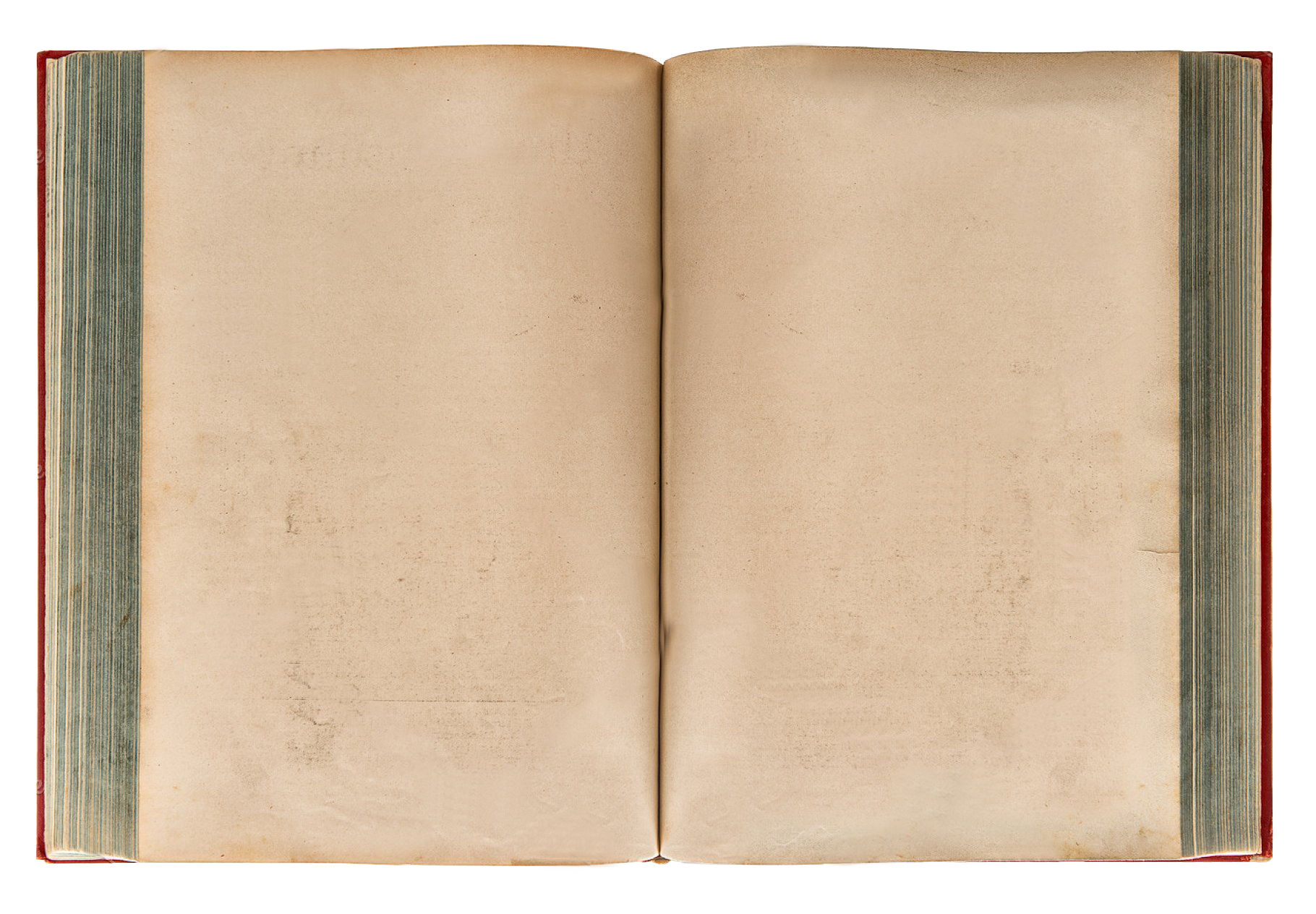
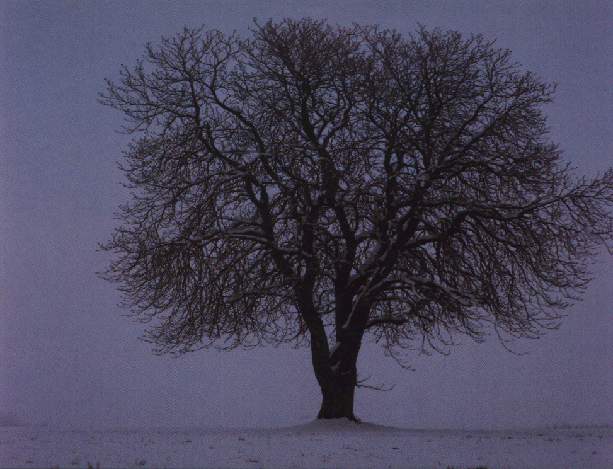






 15/05/20
15/05/20 All ages
All ages
The Idiot Vol 2
The central idea of The Idiot as we have it was, as Dostoevsky wrote in a letter, “to depict a completely beautiful human being”. Prince Myshkin is a Russian Holy Fool, a descendant of Don Quixote, and a type of Christ in an un-Christian world. Author and character face the problem all good characters face in all novels – good in fiction is just not as interesting as wickedness, and runs the risk of repelling readers, even those less worked up than Lawrence. There is another problem – goodness tends to mean unselfishness, and unselfishness tends to lack sexual energy, another great driving force in fictions. In the letter quoted above, written in 1868 as Dostoevsky was writing and sending out the first chapters of the novel, he acknowledges uneasily that he has seized this ambitious project prematurely, out of financial and professional desperation.

 15/05/20
15/05/20 All ages
All ages
The Idiot Vol 1
The central idea of The Idiot as we have it was, as Dostoevsky wrote in a letter, “to depict a completely beautiful human being”. Prince Myshkin is a Russian Holy Fool, a descendant of Don Quixote, and a type of Christ in an un-Christian world. Author and character face the problem all good characters face in all novels – good in fiction is just not as interesting as wickedness, and runs the risk of repelling readers, even those less worked up than Lawrence. There is another problem – goodness tends to mean unselfishness, and unselfishness tends to lack sexual energy, another great driving force in fictions. In the letter quoted above, written in 1868 as Dostoevsky was writing and sending out the first chapters of the novel, he acknowledges uneasily that he has seized this ambitious project prematurely, out of financial and professional desperation.

 15/05/20
15/05/20 All ages
All ages
Heart of Darkness
The story details an incident when Marlow, an Englishman, took a foreign assignment from a Belgian trading company as a ferry-boat captain in Africa. Although Conrad does not specify the name of the river, at this time Congo Free State, the location of the large and important Congo River, was a private colony of Belgium’s King Leopold II. Marlow is employed to transport ivory downriver; however, his more pressing assignment is to return Kurtz, another ivory trader, to civilization in a cover up. Kurtz has a reputation throughout the region.

 15/05/20
15/05/20 All ages
All ages
To the Lighthouse
A landmark novel of high modernism, the text, centering on the Ramsay family and their visits to the Isle of Skye in Scotland between 1910 and 1920, skillfully manipulates temporality and psychological exploration. The novel includes little dialogue and almost no action; most of it is written as thoughts and observations. The novel recalls the power of childhood emotions and highlights the impermanence of adult relationships. Among the book’s many tropes and themes are those of loss, subjectivity, and the problem of perception.


















